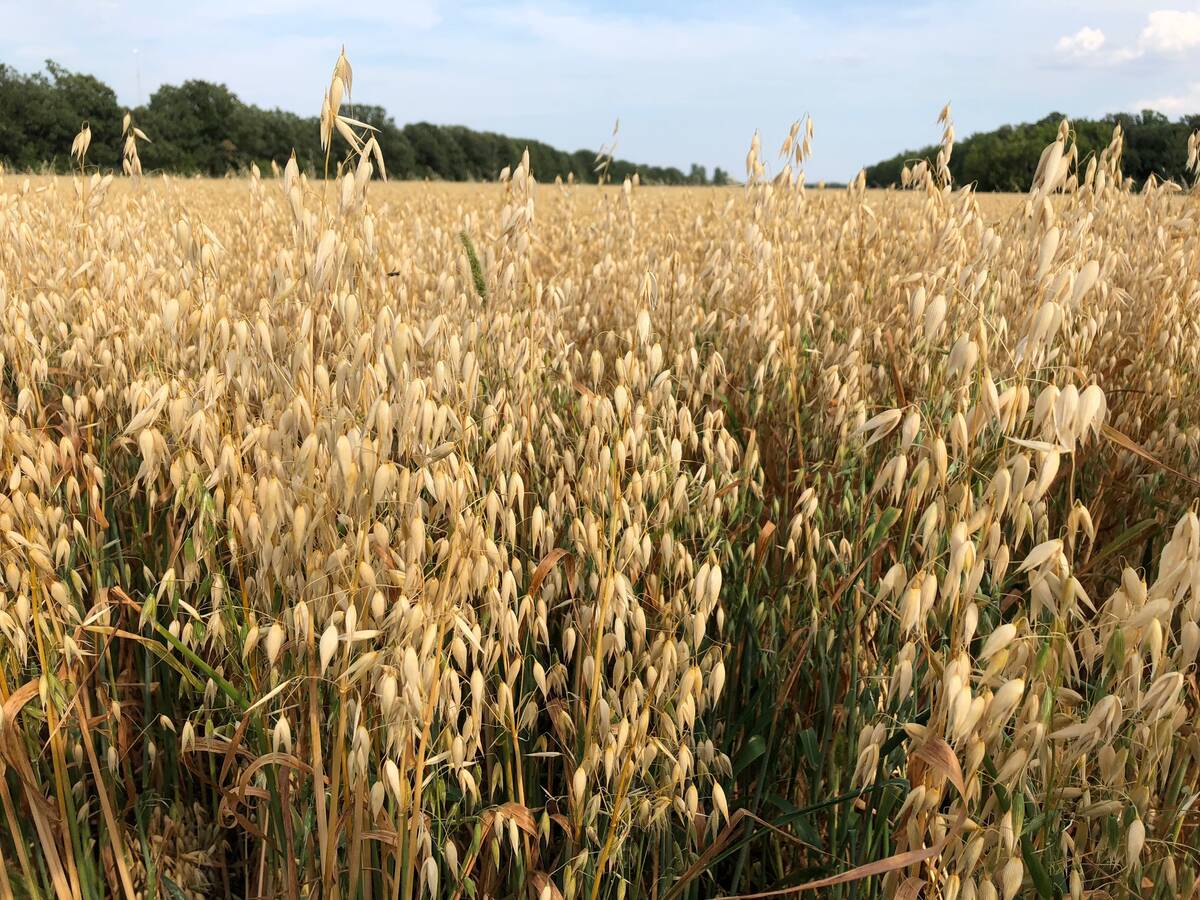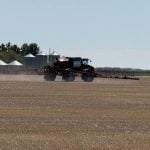The federal government proposes to limit Canada’s production and distribution of medical marijuana to a new network of licensed, commercial-scale growers and phase out home-based grows.
Federal Health Minister Leona Aglukkaq on Friday launched a round of public consultation on the government’s proposed changes to the Marihuana Medical Access Program (MMAP), aimed at cutting the “risk of abuse and keep(ing) our children and communities safe.”
The proposed changes, Aglukkaq said, would also “significantly improv(e) the way program participants access marijuana for medical purposes.”
Read Also

Big oat crop in 2025/26 pointing to less acres next year
Oat acres in Canada are likely to recede this spring with cash prices to remain low, said Scott Shiels, grain procurement manager for Grain Millers Canada in Yorkton, Sask.
The process includes a new consultation document on Health Canada’s website, listing the proposed changes. Canadians are “invited to provide comments” on the government’s proposals until July 31 — after which the government aims to start work on new regulations for release in the Canada Gazette in 2012.
Marijuana would continue to be regulated under the Controlled Drugs and Substances Act and would not be legalized or decriminalized through these proposed changes, Aglukkaq stressed.
Instead, the proposals call for the phase-out of “personal-use” and “designated-person” production licenses, meaning individuals would no longer be able to grow marijuana for medical purposes in their homes or communities.
The government would then also no longer contract for the production and distribution of dried marijuana or marijuana seeds for medical purposes.
“Licensed commercial producers” would become “the only legal source of dried marihuana for medical purposes,” the government proposes.
Health Canada would then “regularly inspect and audit” licensed commercial producers to ensure they comply with “all applicable regulations,” including labelling and packaging rules.
Unlike the small-scale crops individuals grow under the current MMAP, marijuana grown by licensed commercial producers would then be subject to “quality standards,” the government said.
Licensed producers under the proposed system would be required to grow the product indoors only, and to supply the product only by registered mail or bonded courier. However, the licensed growers would be allowed to produce any strains of marijuana they choose, and would also set the price for the product.
Approved patients, meanwhile, would no longer have to submit forms or personal medical information to Health Canada to get an authorization to possess marijuana, the government proposes.
The government said it aims to streamline that process by allowing approved patients to submit documents from their doctors directly to the licensed commercial producer.
Patients would still have to consult a Canadian-licensed physician to get access to medical marijuana, but Friday’s proposals would also lift the current requirement for some individuals to get the support of a specialist as well as a primary-care physician.
Security
Canada’s current Marihuana Medical Access Regulations have been in place since 2001, following court cases that established a legal marijuana supply as a Charter right for seriously ill Canadians “who have demonstrated a medical need” for the product.
“Demonstrated need” includes situations where conventional treatments aren’t appropriate and/or have “failed to provide necessary relief.”
Currently, medical users’ options for accessing the drug are to either buy it from Health Canada, grow it themselves with personal-use production licences, or designate someone to grow marihuana for them with a designated-person production licence.
That application process requires personal information to be submitted to Health Canada, not only on the patients but on the “designated persons.” The current application process can take up to 10 weeks, Health Canada said.
Anyone applying for a production licence also currently has to disclose to Health Canada the security measures he or she plans to put in place at his or her production and storage sites.
The proposed changes, Health Canada said Friday, follow complaints and concerns raised by “a wide range of stakeholders, including police and law enforcement, fire officials, physicians, municipalities and program participants” with the current program.
Among those concerns, Health Canada said, have been:
- the “risk of abuse and exploitation by criminal elements,” including the risk of home invasion against authorized growers;
- the “complexity and length of the application process” for participants;
- the need for “more current medical information for physicians” on the risks and benefits of marijuana use for medical purposes;
- the fact that Health Canada now only supplies one strain of dried marijuana; and
- public health and safety risks associated with the cultivation of marijuana plants in homes, such as electrical and fire hazards and the presence of excess mould and poor air quality.
Until improvements to the program are in place, the process for applying to possess and/or grow medical marijuana under the program “will remain the same,” Health Canada said.














